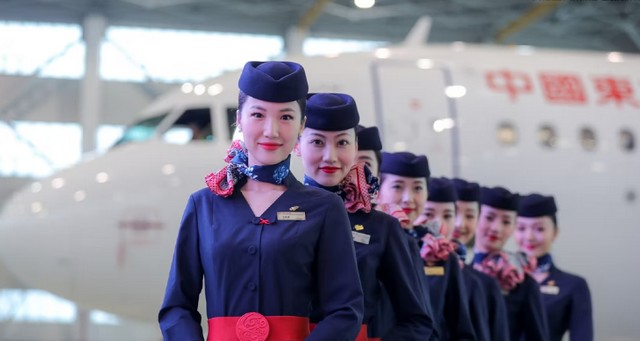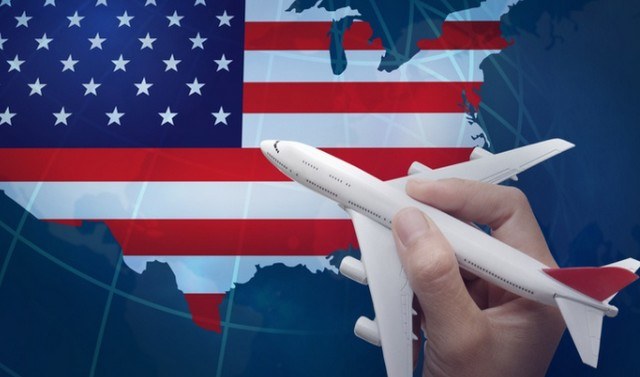For two years, the air transport landscape between Asia and the West has been profoundly unbalanced. Western sanctions imposed on Russia, banning flights over Siberia, have caused massive, self-inflicted competitive harm to European and American airlines.
While Western carriers were forced to make long, fuel-intensive, and inefficient detours, their Chinese counterparts continued to use the Siberian route, thus enjoying a decisive advantage in terms of costs and flight time on these strategic routes.
Despite their complaints, Western airlines remained powerless against the decisions of their own governments.
American Intervention: End of the Chinese Advantage
Faced with this asymmetry deemed untenable, the U.S. Department of Transportation (DOT) has decided to take action.
 By a recent order, the United States now prohibits the main Chinese airlines (Air China, Beijing Capital Airlines, China Eastern, China Southern, Hainan, Sichuan, and Xiamen Airlines) from using Russian airspace for their passenger flights to the U.S.
By a recent order, the United States now prohibits the main Chinese airlines (Air China, Beijing Capital Airlines, China Eastern, China Southern, Hainan, Sichuan, and Xiamen Airlines) from using Russian airspace for their passenger flights to the U.S.
Only cargo routes appear to be spared, and Cathay Pacific (Hong Kong) is not mentioned.
The DOT justifies this measure by claiming that the Siberian route gives Chinese carriers an unfair advantage over American airlines.
 This decision, welcomed by American carriers who see it as restoring competitiveness, is however strongly contested by China.
This decision, welcomed by American carriers who see it as restoring competitiveness, is however strongly contested by China.
The order is scheduled to take effect within 30 days, apparently relying on a clause in bilateral air agreements that allows adjustments to correct such operational distortions.
Is Europe the only one penalized?
While the American initiative restores a form of parity on transpacific flights (United States – China), it highlights the delicate situation facing European airlines.
 Indeed, the DOT order only applies to flights to the United States. Chinese airlines therefore remain free to fly over Siberia for their connections to Europe.
Indeed, the DOT order only applies to flights to the United States. Chinese airlines therefore remain free to fly over Siberia for their connections to Europe.
Consequently, after this new adjustment, European carriers could become the only major losers from the sanctions policy, continuing to bear the additional costs and longer journey times, while their Chinese and now American competitors (on their own routes) operate on a more level playing field.
Europe is thus left alone to face its geopolitical and economic dilemma.